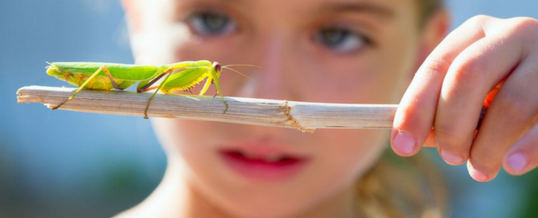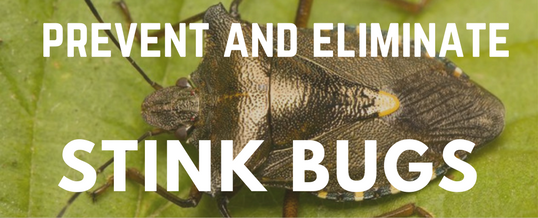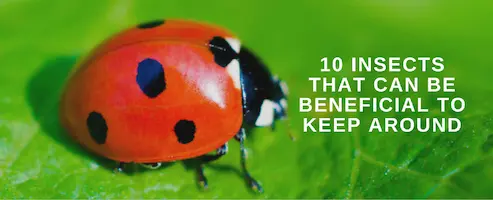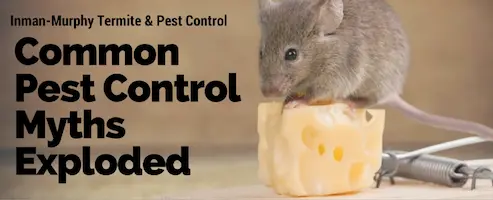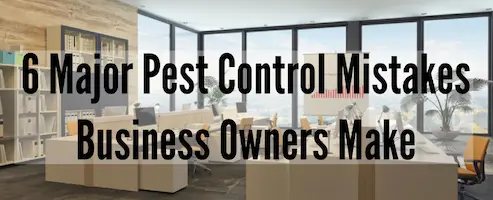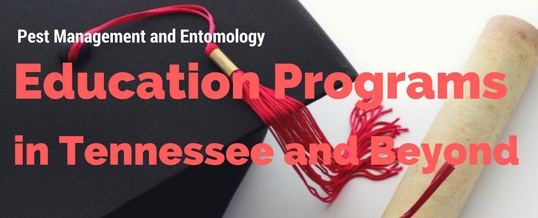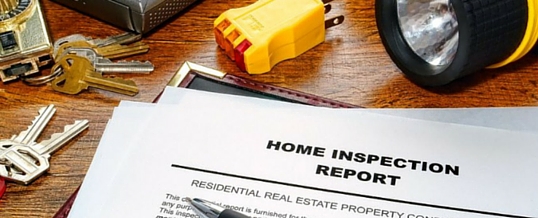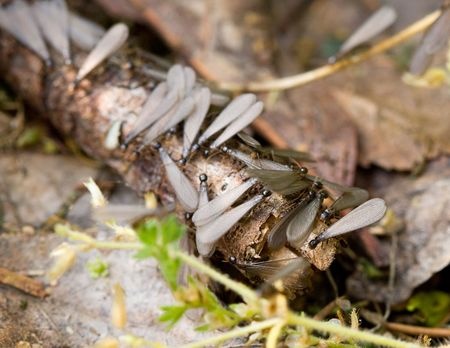Do you have a fascination with bugs and insects? Have you considered a future career in pest control?
Pest control jobs are in high demand as homes and commercial businesses deal with a range of pests sneaking inside where they don’t belong.
Pest control can be a challenging and rewarding career as you learn the biology and habits of various pests and develop treatment plans based on each location and pest problem.
At Inman-Murphy Termite & Pest Control, we’re proud to hire trained staff who are as curious and interested in pests and pest control methods as we are. If you’ve thought about a future in pest control in Tennessee, the following are a few statistics about the job and education opportunities available.
Pest Control Job Outlook
Most pest control experts spend little time in an office and more time out in the field at client’s homes or commercial buildings. This offers great flexibility on the job for both indoor and outdoor work environments.
In 2015, the median salary for pest control technicians was $32,160 per year or $15.46 per hour. Employment is expected to decrease by about 1% which is small in comparison to a significant 15% growth expectation in prior years from 2006 to 2016. As climate change and expansion of new homes and commercial buildings continue, pest control knowledge and skills will remain in high demand.
Pest control can be a rewarding career where every day is different. The challenge of locating pests, determining the best course of action, and the variety on the job keeps every day fresh and interesting.
How to Become a Pest Control Expert
Pest control workers are required to be knowledgeable in pest control management techniques and pest biology. Workers must be licensed by the state they work in and may be required to become licensed by federal agencies as well.
Obtaining advanced education in entomology (the study of insects) can make you and your skills in even higher demand. Local universities in Tennessee offer entomology courses designed to learn more about specific pests and how to safely remove them.
Pest Control or Entomology Colleges Courses
The following are a couple of the top pest control/entomology programs offered in Tennessee.
In Tennessee:
University of Tennessee
An Undergraduate Minor in Entomology and Plant Pathology is available at the University of Tennessee in Knoxville, TN. Students must take 15 credit hours of approved courses. Graduate level programs for a Masters or Doctorate degree in Entomology and Plant Pathology are also available.
If you’re interested in learning more, contact the Entomology and Plant Pathology program contacts for more information.
In addition, the University of Tennessee offers a Pesticide Safety and Education Program available to the public. This course is designed to protect the environment and public health through education on the improper uses of pesticides.
Tennessee State University
Tennessee State University offers an Entomology program performing research on pest management. The entomology program is located at the TSU Nursery Research Center and is led by Dr. Jason Oliver, Research Associate Professor.
Out of State Education Options
There are many options for students if you’re willing to travel out of the state of Tennessee or able to take online classes—this is not an exhaustive list, but it is a good starting point for information on educational options.
Auburn University in Alabama offers an Undergraduate minor in Entomology. You’ll have to take 15 semester hours of work in entomology to complete the minor.
Florida A&M University offers an Undergraduate major in Entomology—they also offer Master’s and Ph.D. level programs.
University of Florida offers an Undergraduate major in Entomology and Nematology.
University of Georgia offers an Undergraduate major in Entomology as well as a Master’s and Doctorate program.
University of Kentucky in Lexington offers students a minor in Entomology or students can follow an individualized program in Entomology to go along with their B.Sc in Agriculture. They also offer a Graduate program in Entomology which has been ranked as a “Top Ten” graduate level program at KU.
This is just a short list of the opportunities in our region. For information on other educational programs, visit the student resources page at the Entomological Society of America’s website
Online/Distance Learning Options
Iowa State University has a great list of online resources and online courses,
Purdue University offers non-credit online courses on Pest Management Technology as part of a correspondence course series on pest management.
University of Florida offers a number of undergraduate and graduate courses in addition to their traditional degree programs.
University of Illinois at Urbana-Champaign
Offers an online Master’s Degree program.
University of Minnesota offers distance learning pest management related courses.
University of Nebraska – Lincoln offers a full-curriculum distance M.S. degree in entomology as well as online courses for undergraduate students.
On-the-Job Training in the Military
Many people may not realize this, but the US Military has their own pest management people and these career fields work with many of the same pests and environmental concerns as we do in the private sector.
Air Force Pest Management specialists are responsible to take the necessary actions to control and prevent pest infestations on an Air Force Base.
Army Entomologists conduct research, perform pest management and provide important information to military leaders regarding biological hazards wherever US military members are deployed.
Navy Entomologists also conduct research on and plan infestation prevention and pest control at US Naval Stations, Marine Corps Bases and onboard surface ships.
Consider a Career in Pest Control at Inman-Murphy
If you’re a recent high school grad or interested in changing careers, consider a career in pest control. It’s a career that keeps you out of an office and allows you to put your skills to the test creating treatment plans based on the pest issue and the location.
After completing courses in pest control or entomology, make sure to reach out to Inman-Murphy Termite & Pest Control to see if we’re hiring. We’re always looking for talented technicians to join our team!

